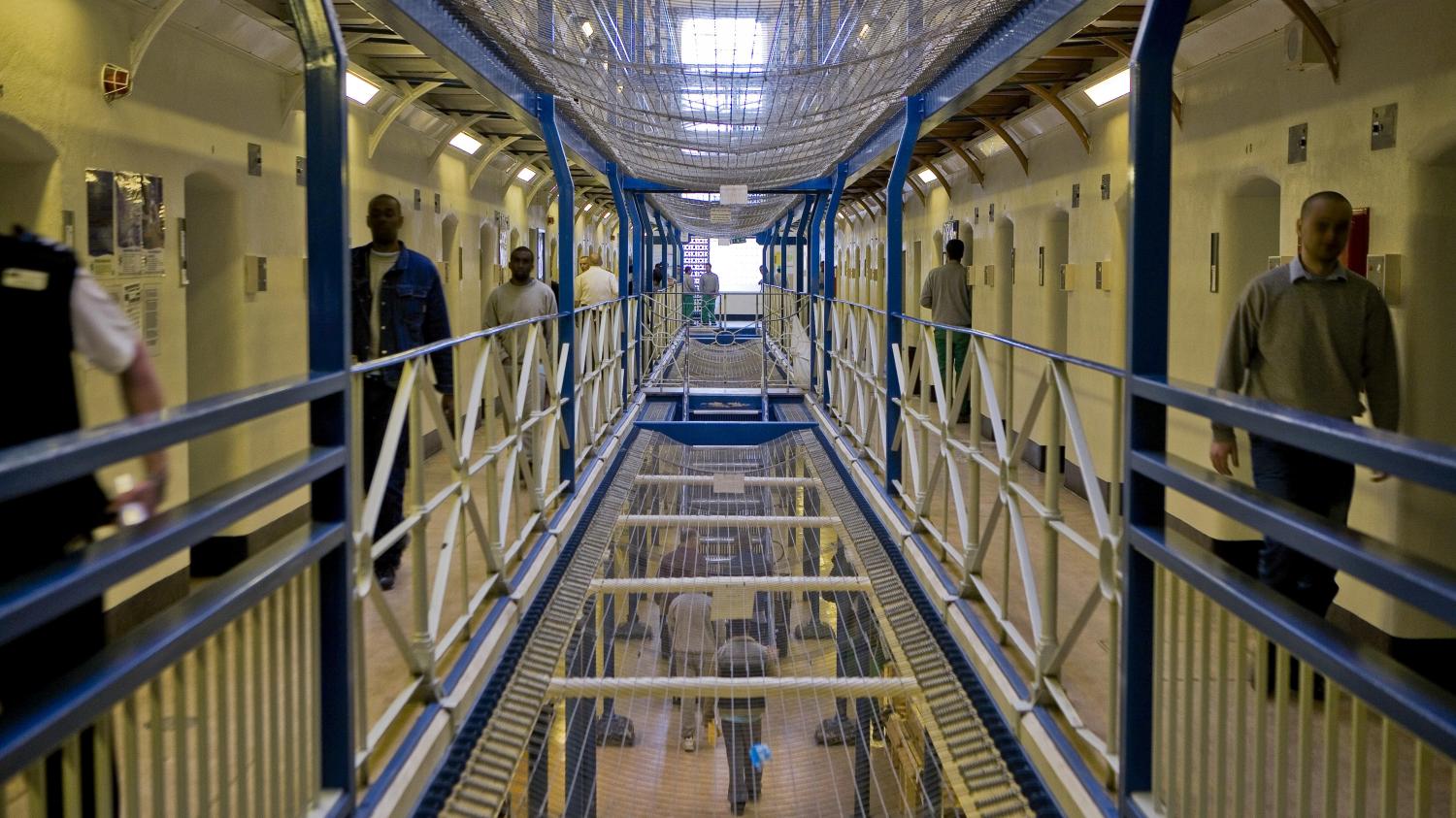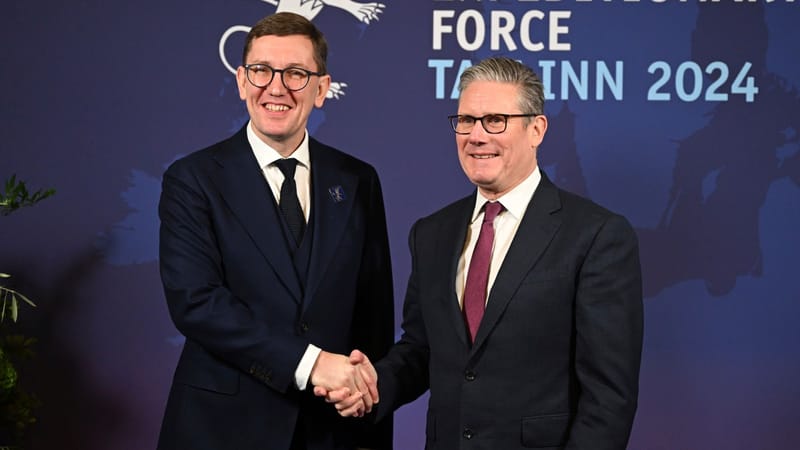Estonia's Dilemma: The UK's Troubling Prisoner Export Scheme and the Erosion of National Identity
In an era where national identity and sovereignty are increasingly questioned and debated, a disturbing trend is emerging from the shadows of political discourse. The recent proposal by the UK government to ship its prisoners to Estonia, ostensibly due to prison overcrowding, is a canary in the coal mine – a

In an era where national identity and sovereignty are increasingly questioned and debated, a disturbing trend is emerging from the shadows of political discourse. The recent proposal by the UK government to ship its prisoners to Estonia, ostensibly due to prison overcrowding, is a canary in the coal mine – a symbol of the dangers of prioritizing superficial solutions over core societal values. But what does it really say about the direction in which our interconnected world is moving?
Trading Freedom for Convenience
While the UK cites overcrowding as the primary driver behind this controversial idea, one cannot ignore the broader implications. This isn't just about resolving a logistical issue. It's an alarming precedent, undermining the idea of national responsibility. If a country can't or won't manage its own convicts, what's next in the outsourcing line? Education? Healthcare?
The Silent Erosion of National Identity
Outsourcing prison services overseas isn't just a logistical decision; it's symbolic. By moving prisoners, the UK is effectively saying that these individuals, many of whom are British citizens, no longer fit within the nation's borders. This is more than just about space – it's a stark commentary on the value, or lack thereof, the state places on its incarcerated populace.
Estonia's Role: The Unwilling Accomplice
Estonia, having emerged as a frontrunner in this macabre proposition, finds itself in a precarious situation. Welcoming UK's prisoners might bring in revenue, but at what cost? Estonia, a proud nation with its own unique history and cultural identity, risks being seen as the UK's penal colony, compromising its hard-earned reputation on the global stage.
Moreover, how can Estonia, a nation that has struggled for its independence and identity against larger powers in the past, willingly partake in a scheme that undermines another nation's sovereignty?
The Unseen Hand: Behind Closed Doors
The details of how such an unprecedented agreement would come to pass remain shrouded in mystery. Who are the shadowy figures orchestrating this? On what grounds do they claim the authority to make decisions of this magnitude without public consultation? The citizens of both the UK and Estonia deserve transparency. Such momentous decisions, which have profound implications for national identity, should not be made lightly, nor behind closed doors.
Conclusion: A Wake-Up Call
This proposal serves as a stark reminder of the fragile nature of national identity in a globalized world. As countries become more interconnected, the lines that define them are at risk of blurring. It's high time nations pause and reflect on the essence of their identity, lest they get lost in the shifting sands of convenience and economic allure. Before we trade away the very soul of our nations, we must ask ourselves: What price are we willing to pay?




